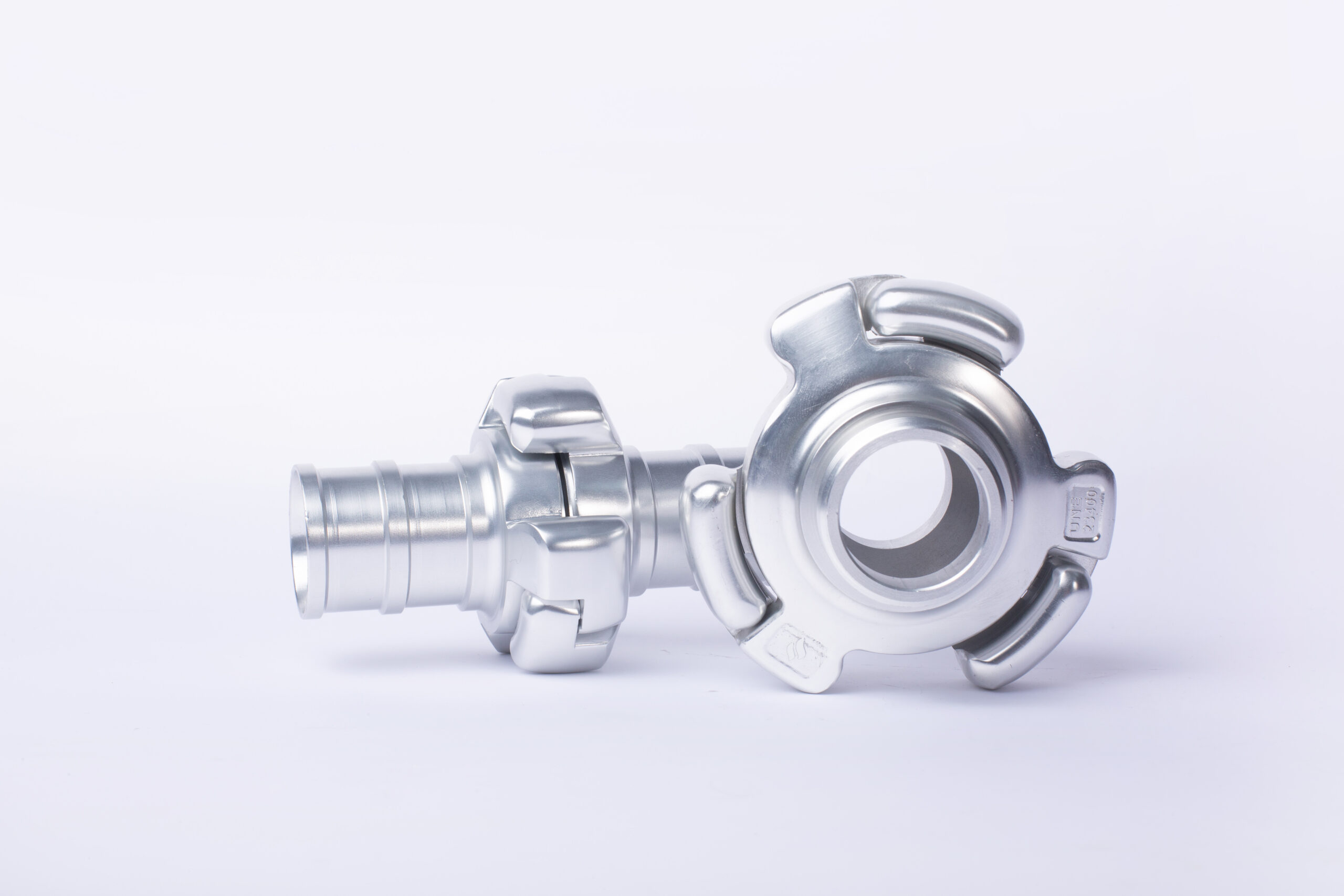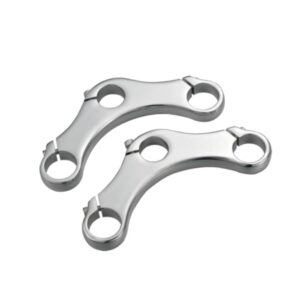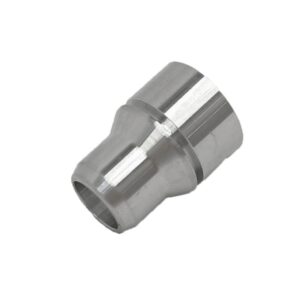Choosing the right material for a product is a critical decision that impacts performance, durability, cost, and sustainability. With advancements in manufacturing, both aluminum forge and mechanical plastics have emerged as popular material choices across various industries, each offering distinct advantages and trade-offs. At MINGYU Tech, we provide insights and expertise to help our clients make informed material choices for optimal performance and efficiency. This article will explore the strengths and limitations of aluminum forging and mechanical plastics, highlighting key factors that influence material selection and application suitability.
Understanding Aluminum Forge and Mechanical Plastics
Aluminum Forge: Forged aluminum is produced by heating aluminum until it becomes malleable and then shaping it through pressing or hammering. This process refines the grain structure of the metal, resulting in a product with enhanced strength, durability, and resistance to wear and tear. Forged aluminum is known for its lightweight nature, excellent corrosion resistance, and impressive strength-to-weight ratio, making it a popular choice for applications requiring both durability and lightness.
Mechanical Plastics: Mechanical plastics, or engineering plastics, are a class of polymers designed for high-performance applications. These plastics are known for their durability, resistance to chemicals, and versatility. Examples include nylon, polycarbonate, PEEK, and UHMW-PE. Mechanical plastics are often used in environments requiring lightweight components, low friction, and flexibility. These materials are highly adaptable, making them ideal for applications across industries like automotive, aerospace, consumer electronics, and medical devices.
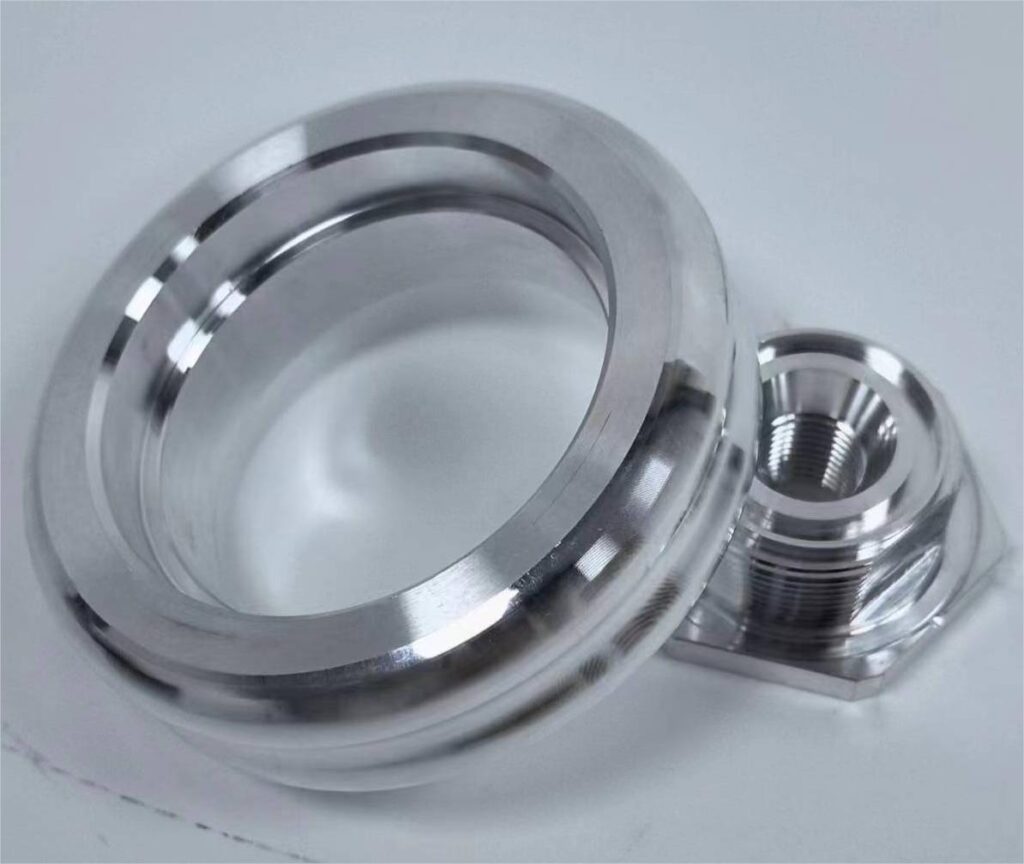
Key Factors to Consider When Choosing Between Aluminum Forge and Mechanical Plastics
Choosing the right material requires considering specific application requirements, including strength, weight, temperature tolerance, and environmental impact. Here are some key factors to consider when deciding between aluminum forge and mechanical plastics:
1. Strength and Durability
- Aluminum Forge: Forged aluminum is exceptionally strong and durable, making it an ideal choice for applications that demand high strength and impact resistance. The forging process enhances the material’s grain structure, which contributes to its toughness and ability to withstand heavy loads without deforming. For industries like aerospace and automotive, where reliability and durability are paramount, aluminum forgings provide long-lasting, robust solutions.
- Mechanical Plastics: While mechanical plastics are not as strong as forged aluminum, certain engineering plastics are reinforced to achieve impressive durability and load-bearing capabilities. Materials like polycarbonate and PEEK can withstand considerable stress and offer resistance to cracking, though they may not match the strength of metal for applications that bear extreme forces. MINGYU Tech recommends mechanical plastics for components that require moderate strength but can benefit from the material’s lighter weight and corrosion resistance.
2. Weight Considerations
- Aluminum Forge: One of the primary benefits of forged aluminum is its light weight relative to its strength. This characteristic is highly desirable in applications where reducing weight improves efficiency, such as in transportation and aerospace industries. By replacing heavier metals with forged aluminum, manufacturers can decrease fuel consumption and improve performance.
- Mechanical Plastics: Mechanical plastics are even lighter than aluminum, often reducing component weight by 50% or more. For applications requiring maximum weight reduction, such as wearable technology or consumer electronics, engineering plastics offer a distinct advantage. MINGYU Tech often recommends mechanical plastics for applications where lightweight materials can significantly improve user experience or operational efficiency.
3. Temperature Resistance
- Aluminum Forge: Aluminum has a high melting point and maintains its structural integrity at elevated temperatures, making it suitable for high-heat applications. Forged aluminum parts can handle temperature fluctuations without warping, a key consideration in industries like automotive and aerospace, where exposure to high temperatures is common.
- Mechanical Plastics: The temperature resistance of mechanical plastics varies by type. Some engineering plastics, like PEEK and PTFE, can handle high temperatures, while others, such as nylon and ABS, may degrade under prolonged heat exposure. For high-temperature applications, MINGYU Tech advises carefully selecting the right plastic material or opting for forged aluminum if the environment demands higher thermal resistance.
4. Corrosion and Chemical Resistance
- Aluminum Forge: Forged aluminum is highly resistant to corrosion, especially when treated or anodized. Its ability to withstand exposure to moisture and other elements makes it a reliable choice for outdoor applications or environments with corrosive agents. However, aluminum is not immune to corrosion in highly acidic or salty environments, where it may require additional treatment.
- Mechanical Plastics: Most mechanical plastics are inherently resistant to corrosion and can withstand exposure to chemicals, acids, and salts without degrading. This property makes them ideal for applications in chemical processing, medical devices, and other environments where corrosion is a concern. MINGYU Tech frequently recommends mechanical plastics for applications requiring excellent chemical resistance and long-term durability in corrosive settings.
5. Manufacturing Flexibility and Cost
- Aluminum Forge: Forging aluminum requires specialized equipment, skilled labor, and substantial energy input, making it a more expensive and time-consuming process than plastic molding. The initial cost of forging aluminum can be higher, especially for complex shapes, but it becomes cost-effective for high-volume production due to the durability and strength of the final product.
- Mechanical Plastics: Mechanical plastics offer greater manufacturing flexibility, as they can be molded, extruded, or machined into complex shapes with relative ease. This flexibility, coupled with a generally lower production cost, makes mechanical plastics an attractive option for projects with tight budgets or intricate design requirements. For applications with frequent design changes or complex geometries, MINGYU Tech often recommends engineering plastics as a cost-effective solution.
6. Sustainability and Environmental Impact
- Aluminum Forge: Aluminum is a recyclable material, and forged aluminum products can often be recycled repeatedly without losing strength or quality. This recyclability makes it a more sustainable option, particularly for companies focused on reducing their environmental impact.
- Mechanical Plastics: While many engineering plastics are not as easily recyclable as aluminum, advances in plastic recycling technology have made it possible to recycle certain polymers, like polycarbonate and nylon. Additionally, some biodegradable plastics are being developed, though they may not yet offer the performance characteristics of traditional mechanical plastics. For companies seeking sustainability, MINGYU Tech can advise on recyclable or eco-friendly plastic alternatives that meet project requirements.
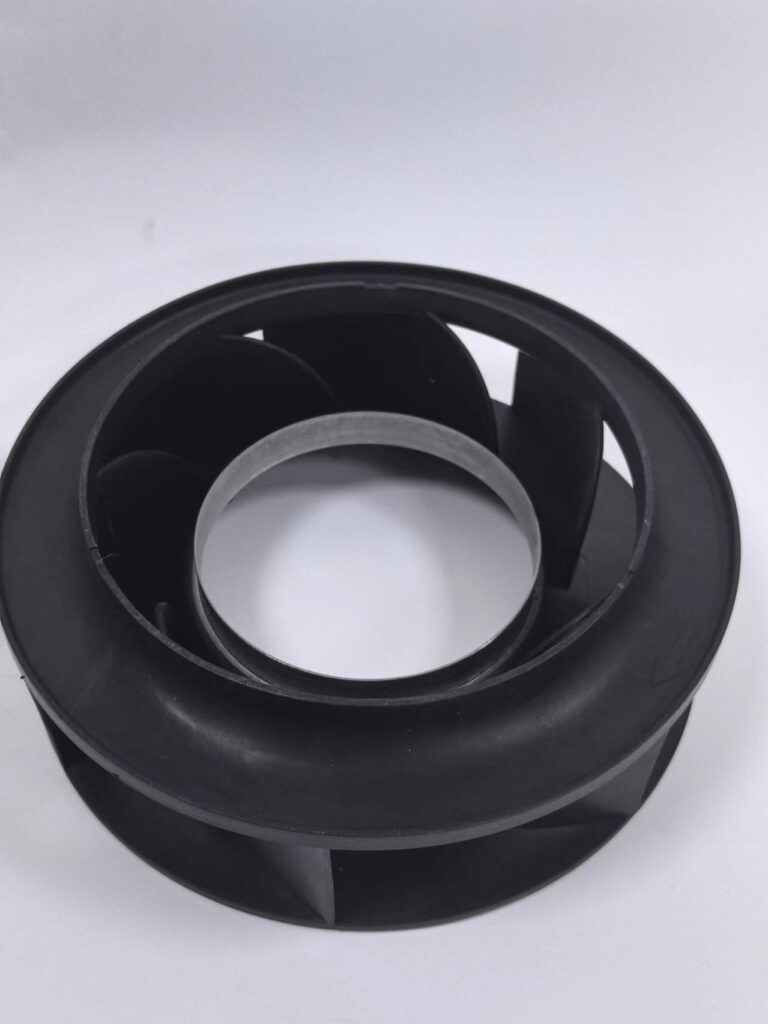
Choosing the Right Material with MINGYU Tech
Selecting between aluminum forge and mechanical plastics depends on a thorough evaluation of application needs, cost, and long-term performance requirements. Here’s how MINGYU Tech can help you make the best choice:
- Application-Specific Consulting: Our team provides detailed consultations to evaluate project needs and identify the best material based on factors like load-bearing requirements, temperature exposure, and chemical environment.
- Custom Solutions: MINGYU Tech offers customized material solutions, including special coatings for aluminum to enhance corrosion resistance or reinforced plastic options for added strength. This flexibility allows us to provide materials tailored to the specific demands of each project.
- Cost-Benefit Analysis: We conduct a cost-benefit analysis that considers both short-term and long-term costs. This analysis helps clients understand which material offers the best value and how factors like maintenance, durability, and recyclability impact overall cost-efficiency.
- Prototype Testing: For projects that require in-depth material testing, MINGYU Tech offers prototype services, allowing clients to assess material performance in real-world conditions before committing to full-scale production.
Conclusion
Choosing between aluminum forge and mechanical plastics is not a simple decision. Aluminum forging offers superior strength and thermal resistance, making it ideal for heavy-duty and high-temperature applications. On the other hand, mechanical plastics provide lightweight, cost-effective solutions that excel in corrosion resistance and manufacturing flexibility.
With expertise in both materials, MINGYU Tech helps clients make informed choices to meet their specific needs, balancing performance, cost, and environmental impact. Whether you’re looking to improve product efficiency, reduce production costs, or meet industry standards, MINGYU Tech is here to provide the right material solution for your next project.

